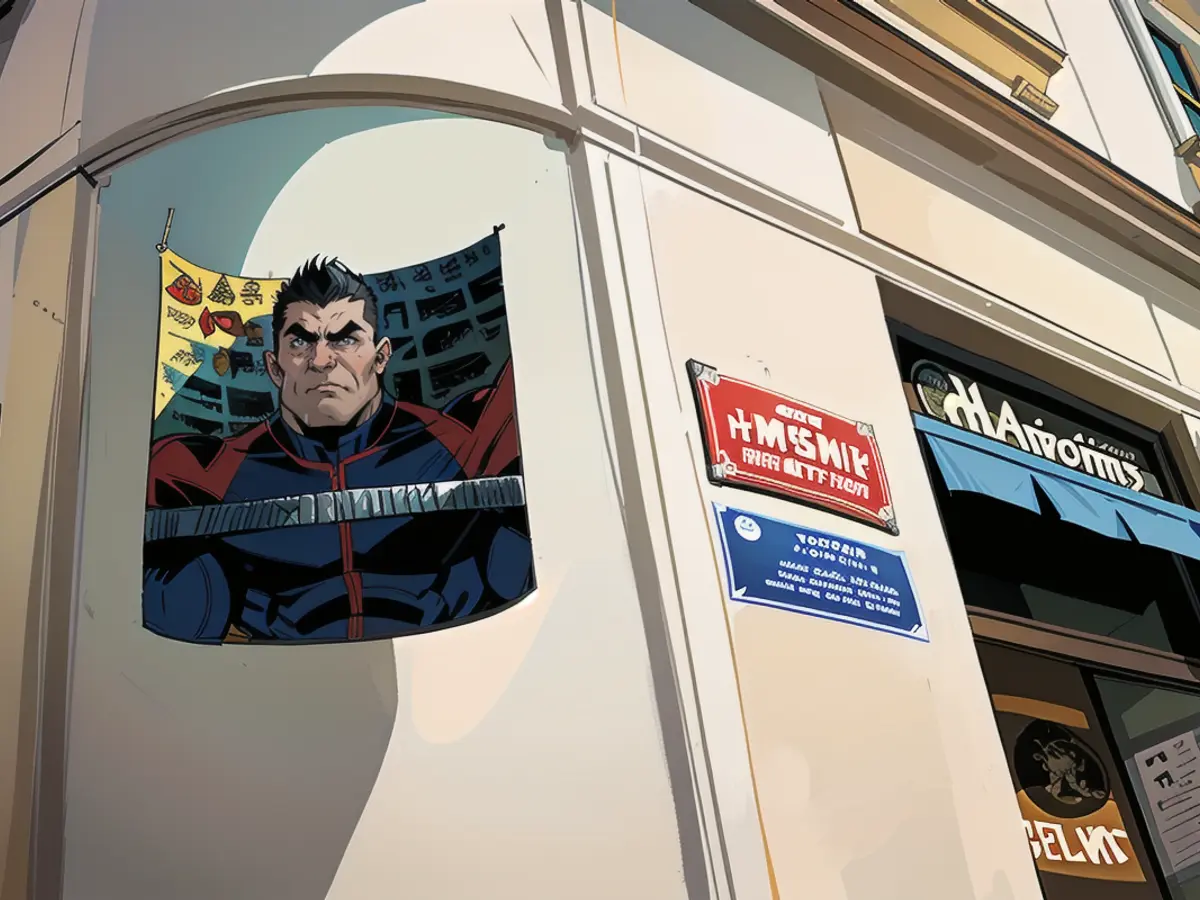Prague writer creates new work - Sotheby's is selling a letter from Kafka on writer's block.
A unique letter about writer's block by Franz Kafka will be sold at Sotheby's. This one-sided letter is expected to fetch between £70,000 to £90,000 (€82,000 to €105,000) during an online auction, to be held between June 27 and July 11.
Kafka, who lived from 1883 to 1924, penned this letter to his Austrian friend and publisher, Albert Ehrenstein, in the spring of 1920. Ehrenstein had requested a piece for his magazine, but Kafka confessed he had been struggling with writer's block. As per Sotheby's, the note reads, "I haven't written anything new in three years, what is being published now are old things."
The auction house mentioned that not much is known about Kafka's creative drought. Only after his demise did the details emerge from his personal diaries. According to Gabriel Heaton, an expert at Sotheby's, "This precious letter reveals the frame of mind of the renowned writer during a tumultuous time in his life." The paperwork displays the immense strain Kafka went through, attempting to create.
Kafka's short stories and novels are considered classics in world literature. Sadly, he could not witness this success. Kafka passed away on June 3, 1924, at the age of 40 due to tuberculosis.
Read also:
- The letter from Franz Kafka about his writer's block is a significant piece of literature, set to be auctioned at Sotheby's, an esteemed auction house based in London, Great Britain.
- Despite being known for his classic works in the field of world literature, Kafka faced a creative drought, a fact revealed in a letter that will be sold at Sotheby's auction house in London.
- The auction of a letter from Franz Kafka, detailing his struggles with writer's block, is expected to attract high bids, as it provides a rare insight into the mindset of the celebrated writer during a challenging period of his life.
- Sotheby's Holdings, the parent company of the renowned auction house, is selling a one-of-a-kind letter from Franz Kafka, which was written while he was residing in Great Britain during the spring of 1920.








